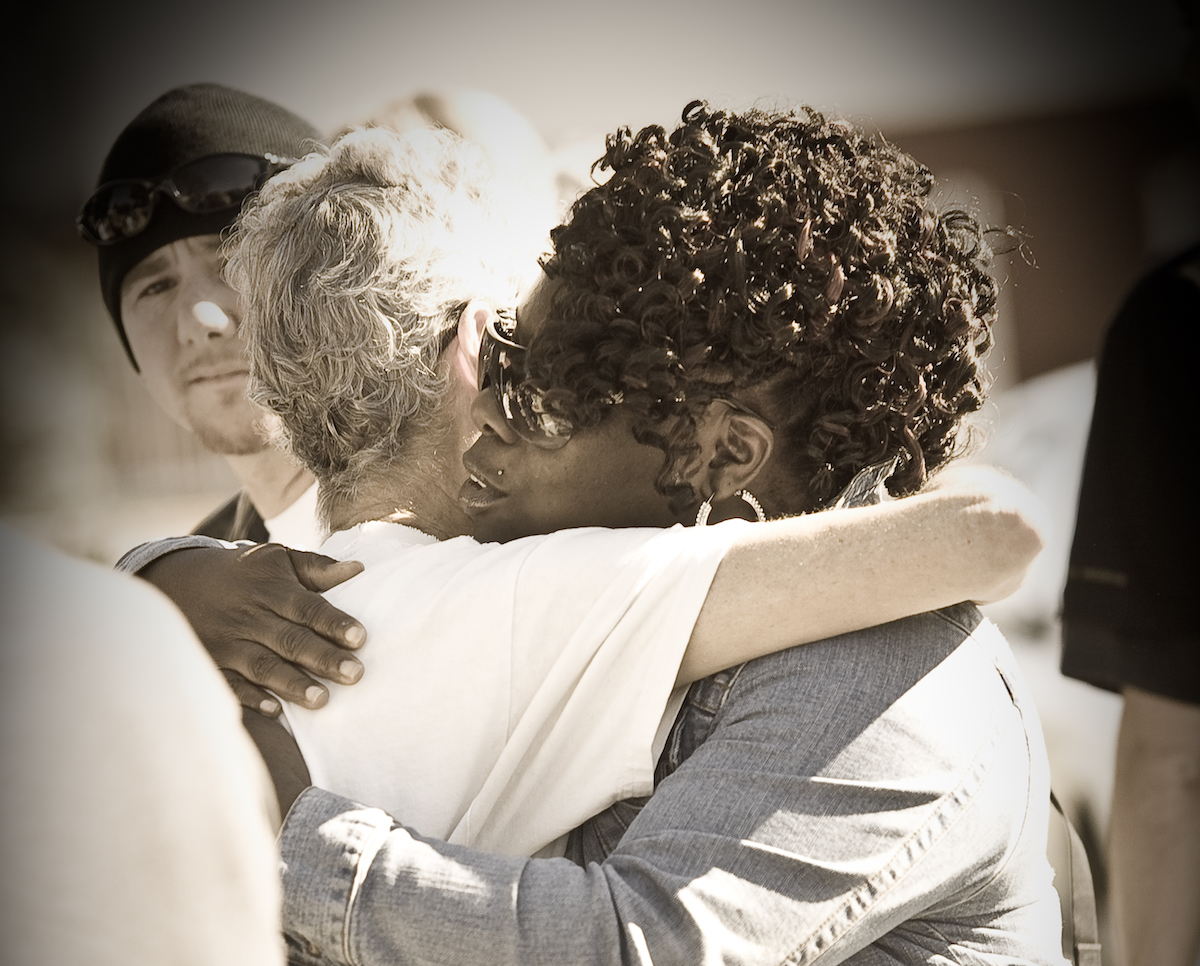
EJUSA works with dozens of community groups and grassroots leaders who have dedicated their lives to reducing violence in their communities.
Daily, these groups – many of whom are volunteers – are on the scene when someone is murdered. They help de-escalate situations, act as the liaison between police and families, offer support to grieving loved ones, provide art therapy to young children who’ve been exposed to violence, counsel shooting victims in the hospital, and more. The list goes on. These volunteers are often women of color who’ve lost their own children to violence or former youth detention professionals who mentor children who’ve been victimized.
This is heart work.
But even heart work needs head work – specifically funds to keep the doors open and strategic plans to reach the greatest number of people.
EJUSA has been working with these groups to help drive federal victim services funding (called VOCA funds) to communities of color that have never had them. We provide the technical know-how to help them manage their finances, develop program models, track their impact, and write grants. They make sure survivors and victims’ families receive life-saving support and healing free of cultural or social bias.
As we dive deeper into this work, we’ve been hit hard by the reality that many of our partner groups are too overwhelmed with crisis and tragedy to focus on the forward thinking work of obtaining VOCA funding. This summer alone, a 15-year old girl in one sex-trafficking group was murdered. A youth in a mentoring program was murdered. Six people were shot in one neighborhood in the span of a weekend. Three died. One leader lost her sister while in the midst of also losing a client.
How can anyone strategically plan to expand a victim services program, respond and be present when crisis occurs, and still figure out how to take care of your household, your family, or yourself?
These conditions can mean chronic back pain, anxiety, or headaches for them and for us. We have to be patient with groups even though they miss calls or can’t finish key tasks as grant deadlines loom. And we must be patient with ourselves when we have to work extra hard to fill those gaps. Most of all we often need to tell our partners to take a break, get rest, and practice self-care. And then we need to tell ourselves the same thing.
As heart workers, we all experience vicarious trauma – the negative effects of caring about and for others. It’s a heavy burden to carry. The work will not stop, but we need to ensure our physical, mental, and emotional health. We must identify the activities and practices in our lives that can make us smile and relax. Exercise. Eat right and drink water. Manage our time well, and don’t criticize ourselves for missing a deadline or a task. And cry. Cry, cleanse, and then get up and keep going.
Trauma is difficult and we are human. To all of you who do this work, we support your well being and your spirits. Be good to each other, and to yourself.
Photo credit: “Peace March For Richmond Rape Victim-1-9” by Demond Henderson. CC BY-NC-ND 2.0, via flickr.



